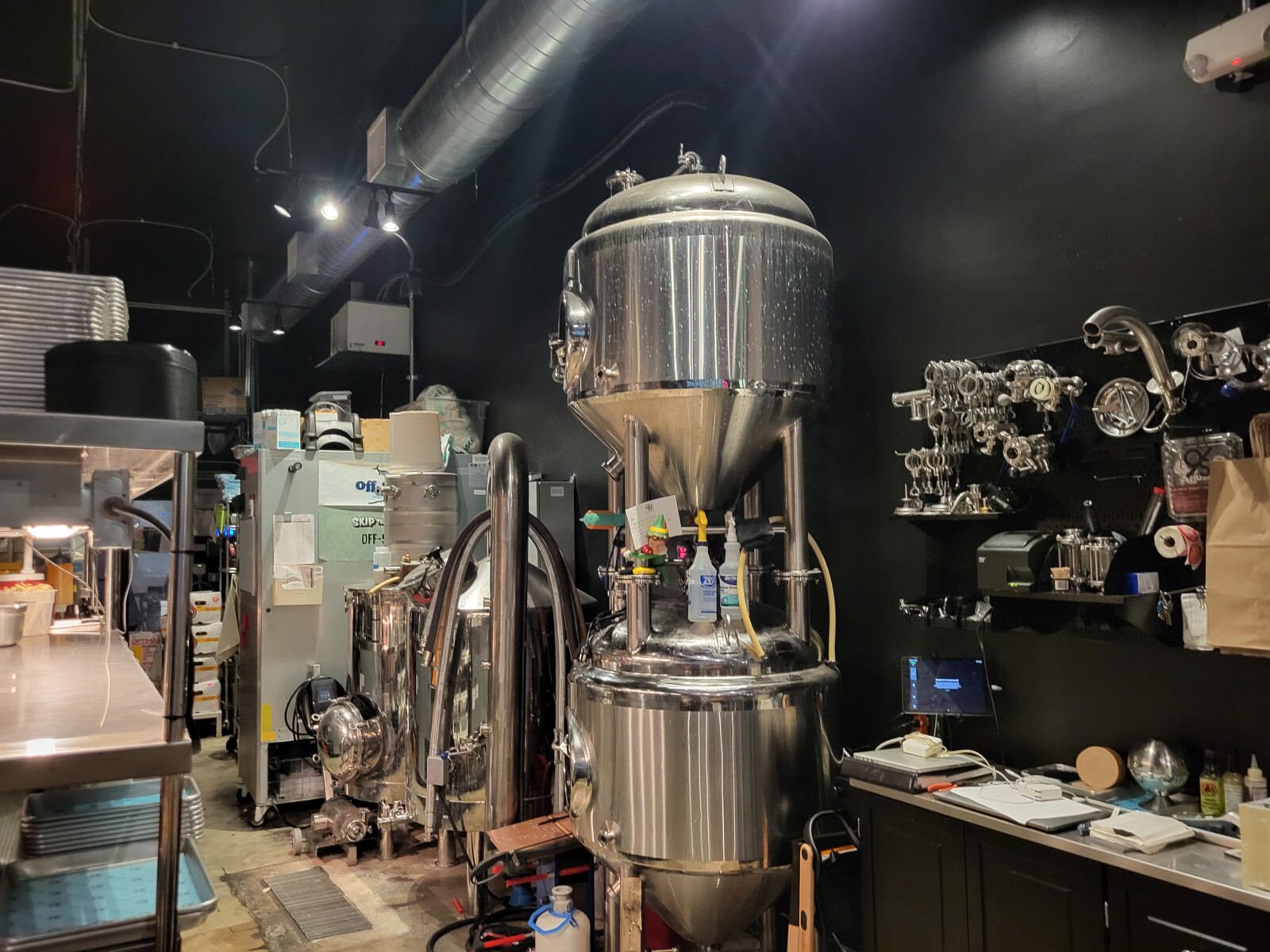Running a brewery, even without designs on growing the overall footprint, output, or distribution, means having the right equipment in place and working properly. Over time the need will come to add or replace the everyday equipment that keeps a brewery running properly.
The question that will arise is asking if your brewery should purchase new equipment or consider going in on previously-owned machinery. There are many factors to consider before making the decision.

Brewing Equipment featured expert topic supported by Chart Industries
Chart’s LN2 dosers support container pressurization and TPO reduction, and Earthly Labs’, SES’ and Howden’s carbon capture and compressor solutions enable breweries to capture CO2 emissions during fermentation process, boilers, or anaerobic digesters and reuse it onsite. ChartWater™ utilizes high recovery and low-energy water and wastewater treatment technologies, including the optimization of water reuse for sustainable, market-leading solutions.
Know your budget
This is the most important thing to consider. Any purchase needs to jive with the bottom line. Having a line in a brewery budget for emergency repairs, unexpected purchases, or one that goes to fund upgrades is important.
Knowing what you can safely spend will help make the decision between new and pre-owned. In some cases, it might be prudent to the bottom line, or mean getting a better piece of equipment by going pre-owned rather than new, which might cost more.
Putting your money to work can help other aspects of the business or help your brewery afford two pieces of equipment rather than just one.
The purpose of the equipment
Consider what you need the equipment for. As an example: if you need a small canning line to replace an existing one or to transition away from mobile canning, will a small line be enough or are projections saying you’ll soon need a larger system. Purchasing a pre-owned system to operate for a year before then installing a larger, permanent system could be the best short term move while budgets are replaced.
Also consider wholescale upgrades. If the brewery is planning on major capital improvements with a specific manufacturer, then using pre-owned equipment as a stopgap is a smart move.
Making sure that any new (to you) equipment will be compatible with existing infrastructure and other equipment is key.
Purchasing pre-owned equipment from a trusted manufacturer is also a chance to test drive machinery to get a feel for it. If a few years down the line the equipment has done what you want in the way you want it, a purchase of new equipment from the same maker will be an easier transition.
Time as a factor
If an existing piece of equipment breaks and a replacement is needed to keep the day-to-day operations running smoothly, purchasing a pre-owned piece of equipment, especially one that has already been decommissioned and packed to sell, can be the best option.
Depending on location and shipping options a brewery can be down for only a few days or weeks before getting back up, as opposed to new equipment that could take months or longer (depending on inventory) to be fabricated, shipped an installed.
Factoring in the time and expense can help make this decision easier.
Training and support
One last thing to consider who will help when it comes to learning the ropes of a new (to you) piece of equipment. Purchasing new direct from manufacturers often means a warranty and support staff that will assist with setup and staff training to ensure its operated properly and efficiently.
Sellers of pre-owned equipment might be able to help out with manuals or practical experience, and all of that should be discussed before purchase and put into a contract or bill of sale.
There will always be a learning curve when it comes to working on new machinery inside your brewery, but the proper support being a click or phone call away offers up peace of mind and the ability to get things running faster.

